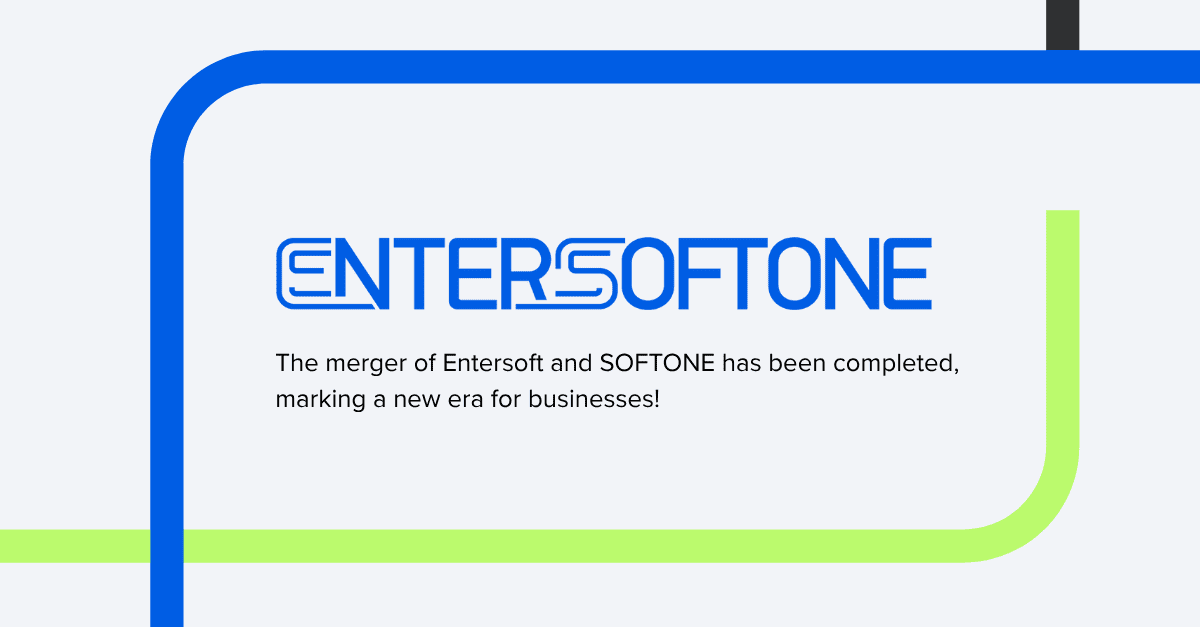Share
Read also

Trends & Views
Digital Transformation Strategies for Success

Business Software
CRM for Small Businesses and Seamless Integration

News & Events
ENTERSOFTONE: The merger of Entersoft and SOFTONE has been completed, creating the largest provider of business software products and services in Greece and Southeast Europe.

Mobility
Outlook for the BYOD and EM market from 2025 to 2035
Once you have designed and determined the process for migrating your ERP solution to the cloud, there is no room for failure. Here are some tips that will help you make the right choices when it comes to implementing a cloud-based solution for your business.
Preparing and identifying your current needs
It’s not possible to implement a solution without having designed your actions in advance. Therefore, it is crucial that you prepare a list with your primary ERP requirements. In such cases, cloud-based solutions are the most appropriate, since they meet all of your professional requirements. Note down your critical business operations and key performance indicators. Think about whether your business requires more control and portability as well as the goals for a properly implemented cloud-based ERP solution. Once you have come up with the answers to these questions, it will be much easier to consult with your ERP vendor.
Researching cloud-based ERP options
Before discussing your options with your vendor, make sure you have done a thorough research. A responsible vendor will be able to offer you a variety of solutions, based on your industry and the size of your business. Keep in mind that, although the public cloud costs less, it is less flexible than a private cloud. Your options include scalability, so that you can add users as your business expands, as well as options to increase or decrease functionality on-demand. Your cloud ERP solution vendor will then consider the options, the coverage and the cost that are right for your business.
Adjusting your business plan and resources
The successful implementation of an ERP cloud-based solution could lead to changes in your entire business model. Your employees may need to change their working habits, since certain tasks will require less time than what they used to, before migrating to the cloud. You may need to reallocate your IT staff and utilize their know-how to train other employees on using the new solution. This approach proved to be particularly successful and useful in the case of small and medium businesses that followed it during or after the implementation.
Controlling your budget and timeline
Migrating to a cloud-based ERP solution requires certain expenses as an initial investment, mainly due to customized requirements and the initial cost of installation. A dedicated project manager should monitor and maintain strict control over the timeline and the budget of this effort. When presenting the estimated cost to the management, they should always include the estimated TCO for the vendor’s contract. Finally, you should also take into account the cost of new modules and mobile apps releases, the cost per user, and the fixed maintenance expenses.







